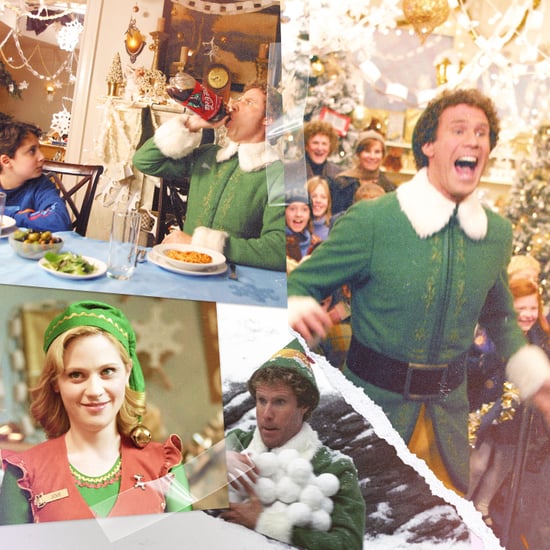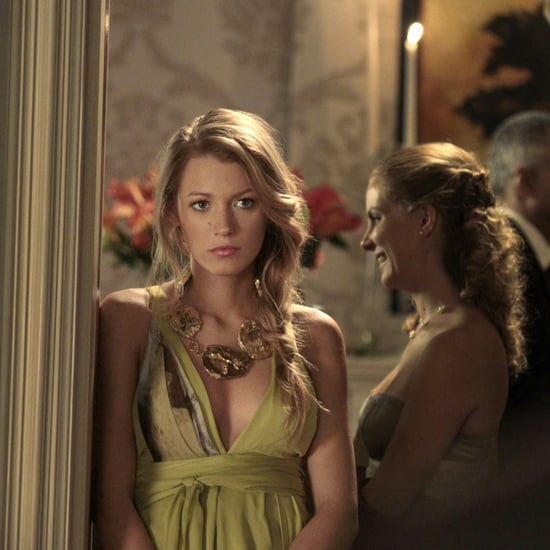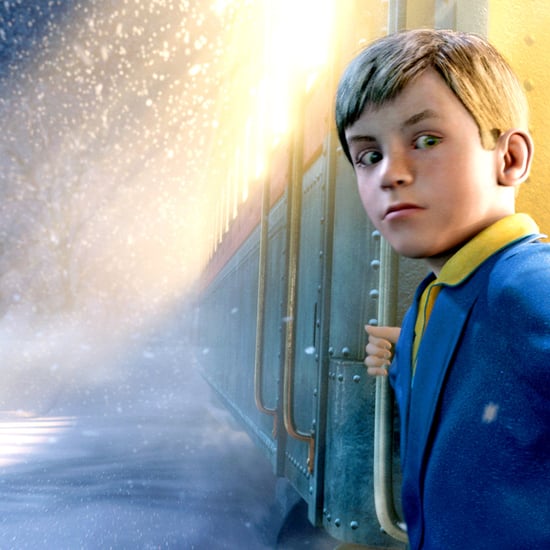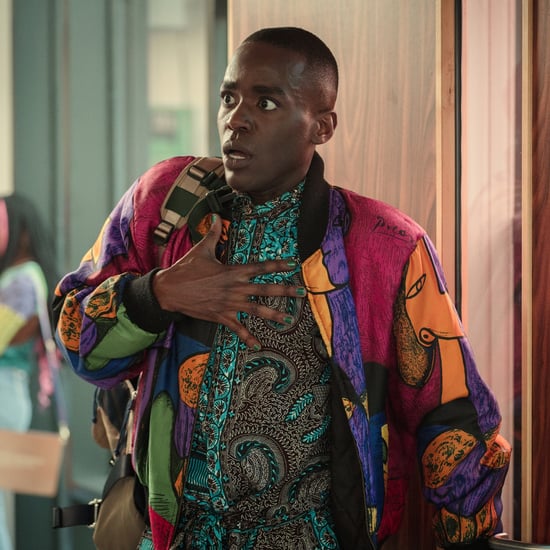Where Does the Phrase Hakuna Matata Come From?
The Real-Life Inspiration Behind The Lion King's Iconic "Hakuna Matata"

The original The Lion King movie is packed to the brim with quotable, memorable moments that every '90s kid knows by heart. The catchiest of them all, of course, is "Hakuna Matata," Timon and Pumbaa's peppy, hilarious ode to the worry-free life. The characters claim that the phrase "means no worries for the rest of your days," and they're actually right!
The lyric "hakuna matata" is a Swahili phrase, and it really does translate as "no worries!" According to a bonus feature on a special edition DVD of the original animated The Lion King, the creative team reportedly heard the phrase from a safari guide in Kenya while on a trip to do research. The pronunciation, however, is different in the film to how it is in Swahili (the "T" sound is apparently the key difference). The phrase intrigued the team for its opposition to the themes of royal responsibility as well as for its catchy, music-friendly rhythm.
In the original animated movie, the song "Hakuna Matata" was written by Elton John and Tim Rice and sung by Nathan Lane (as Timon) and Ernie Sabella (as Pumbaa), plus Jason Weaver as young Simba and, eventually, Joseph Williams, who sang for adult Simba. Weaver and Williams were only singing voices; their respective versions of Simba were voiced in spoken dialogue by Jonathan Taylor Thomas and Matthew Broderick, respectively. In the updated CGI "live action" remake, the roles of Timon and Pumbaa are played by Billy Eichner and Seth Rogen, both of whom do their own singing (as do JD McCrary and Donald Glover as young and adult Simba).
"Hakuna Matata" is not the only song on The Lion King soundtrack that uses African languages. "Circle of Life," with its much-parodied opening chant, uses Zulu lyrics written and sung by South African composer Lebo M. "Nants ingonyama bagithi Baba/ Sithi uhm ingonyama" translates loosely to "Behold, here is a lion / Oh yes, it's a lion." The word "ingonyama," though, according to annotations on Genius Lyrics, carries a specific connotation that corresponds in English to "king of the jungle." Although most of the film's soundtrack is in English, these small, authentic touches of the richness of various African languages are wonderful phrases indeed.






